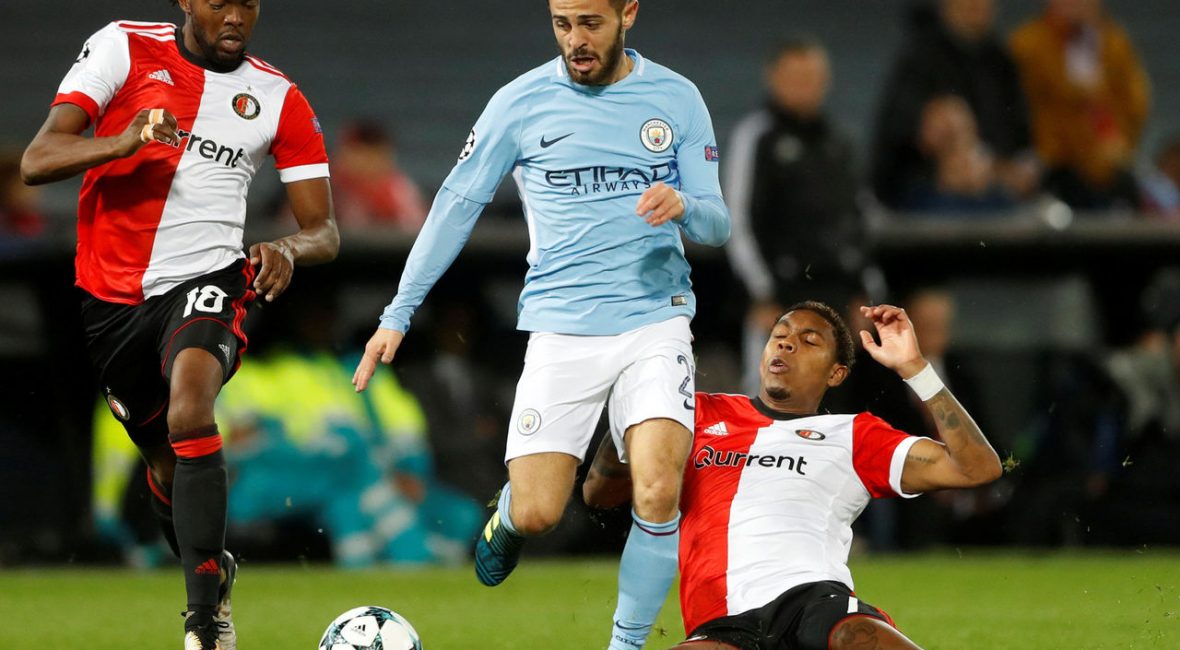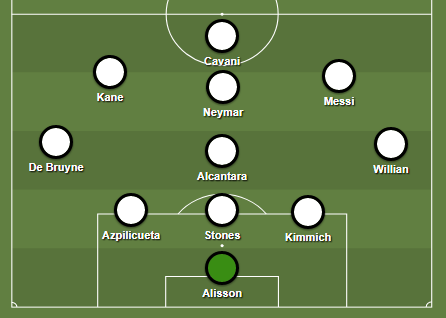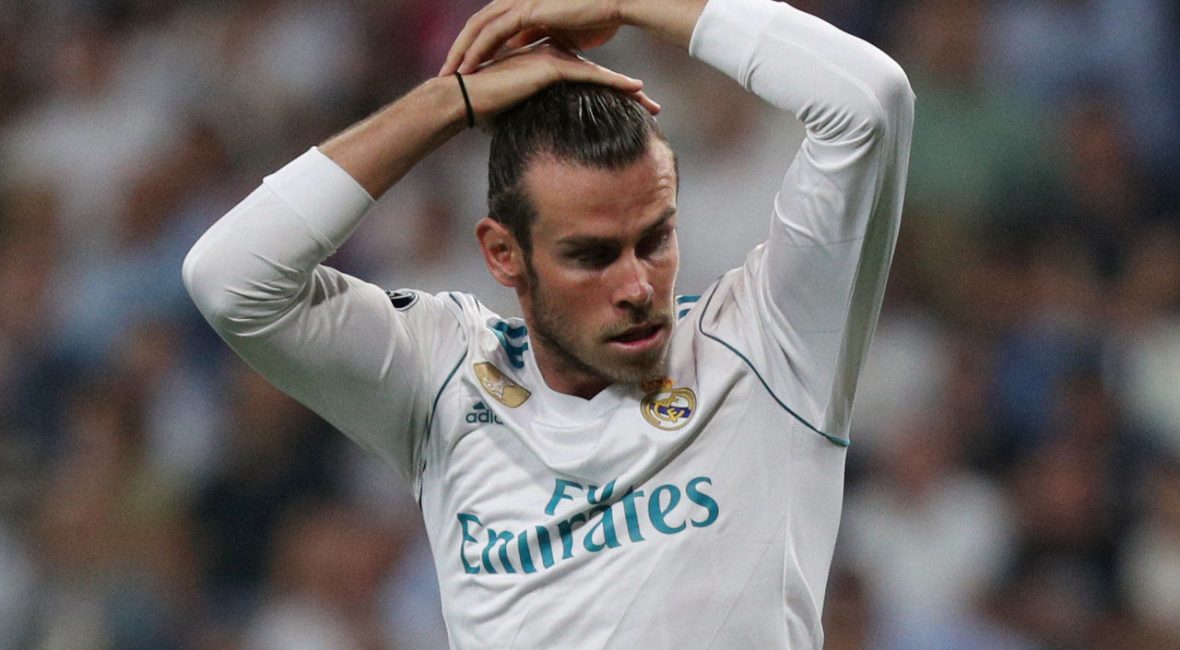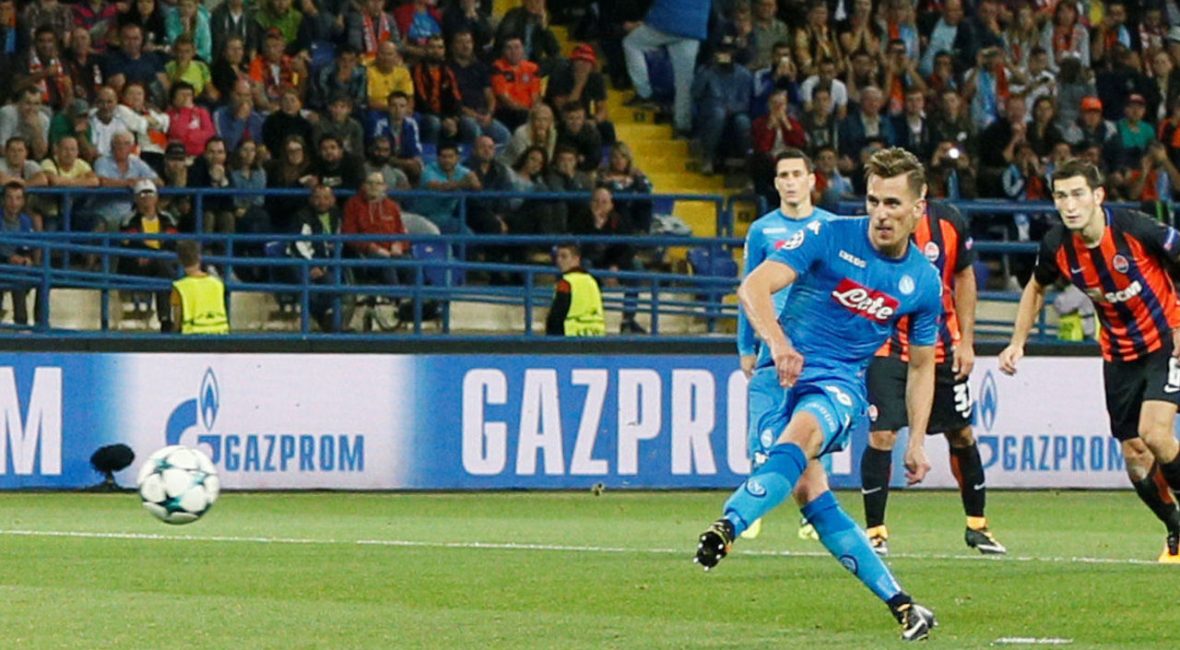Jose Mourinho grew irritated by Manchester United’s second-half display against FC Basel on Tuesday. Despite having long-ball magnet Marouane Fellaini on the pitch from 19 minutes in, the United ranks wanted to entertain with intricate artistry, much to the displeasure of their Portuguese manager (despite a straightforward 3-0 win).
“We stopped playing seriously, we stopped making the right decisions on the pitch. We could have put ourselves in trouble,” Mourinho said post-match.
“Fantasy football, PlayStation football, tricks … I don’t like it. You gamble a little bit. Probably the players thought the game was under control at 2-0, but football is football. You have to respect the opponent.”
Mourinho’s version of respecting the opponent is risk aversion; football of such pragmatism that, when the Fellaini-fronted Plan B is wheeled out, can resemble Stan Cullis’ long-ball tactics at Wolverhampton Wanderers in the mid-20th century. Manchester City, meanwhile, revels in an approach akin to controller-hogging, frantic-button-bashing brilliance.

(Photo courtesy: Action Images)
It felt like those in blue had an option each time they found themselves in a tight spot during Wednesday’s 4-0 evisceration of Feyenoord. Guardiola’s obsessive division of the pitch into zones means there’s always at least one player available for a pass because he knows where to be. Kevin De Bruyne continues to be invited to gamble, whipping in crosses and stabbing perfectly weighted through balls into the paths of the frontmen. Bernardo Silva, the player most resembling a creation in the FIFA game franchise, twists and turns like a pesky housefly.
There is a ruthlessness to City but, unlike with United, there is also a clear desire to look pretty while crushing the opponent. Producing a display like the one against Feyenoord – a team that beat Europa League finalist Ajax to the Eredivisie title in 2016-17, and defeated Manchester United 1-0 at the same venue a year earlier – is highly impressive.
4 – Feyenoord’s 0-4 v Manchester City is their heaviest home defeat in all European competitions. Powerless.
— OptaJohan (@OptaJohan) September 13, 2017
For those fans who toured the wilting third-tier grounds in the late 1990s, if the club can keep up outings like this – one of City’s most convincing performances since the Abu Dhabi United Group swelled the bank balance in 2008 – this European excursion could yield a success that would’ve seemed too whimsical even for virtual reality back then.
What’s really made things click for Guardiola is the addition of Benjamin Mendy and Kyle Walker. The fluid attack is already hard to decipher while Sergio Aguero drops and Gabriel Jesus drifts, but when the full-backs charge up the park – kicking up chalk with a width that makes the pitch bigger for their teammates – it’s difficult to remember what life was like in the 2016-17 term, when fan favourite Pablo Zabaleta and his elderly comrades roused their aching limbs into a flank foray.
The common criticism of this team is that it’s very much a computerised entity. Some of City’s play may resemble stuff that was only conceivable in video games, but Guardiola’s wallet in the transfer windows has granted spends that were only possible when cheating in Football Manager.
?We produced a very good performance. A start like this is so important
Completamos una gran actuación. Es importante empezar así#feyvcity pic.twitter.com/EjbSSTVfI2— PepTeam (@PepTeam) September 13, 2017
Unfortunately for the romanticists, however, City is becoming machine-like. When one player pushes, another one pulls. Guardiola’s system is bearing fruit.
The Spaniard will hit the reset button when City travels to Watford in Saturday’s Premier League fixtures, and returns to continental action with a visit from Shakhtar Donetsk on Sept. 26.











